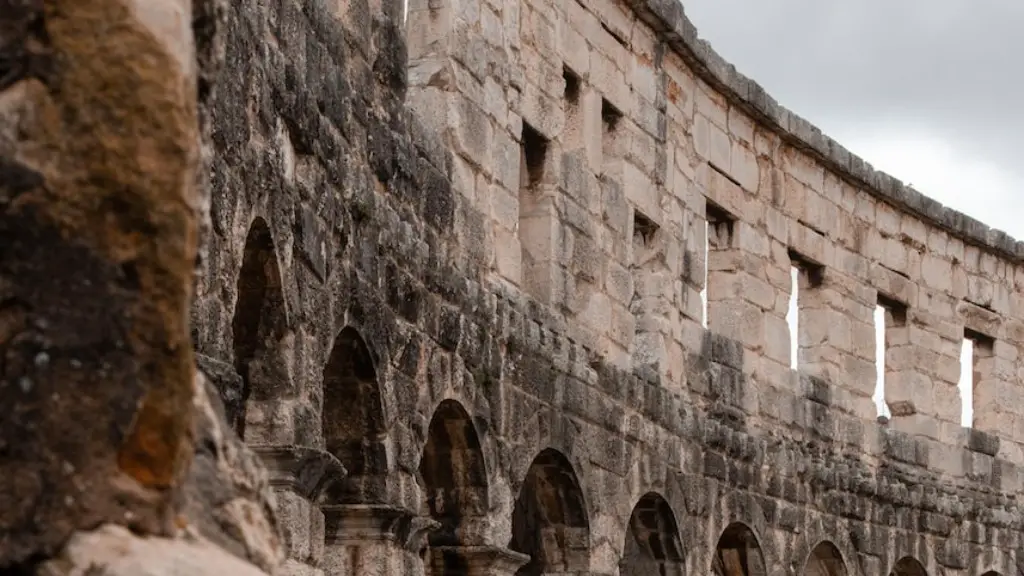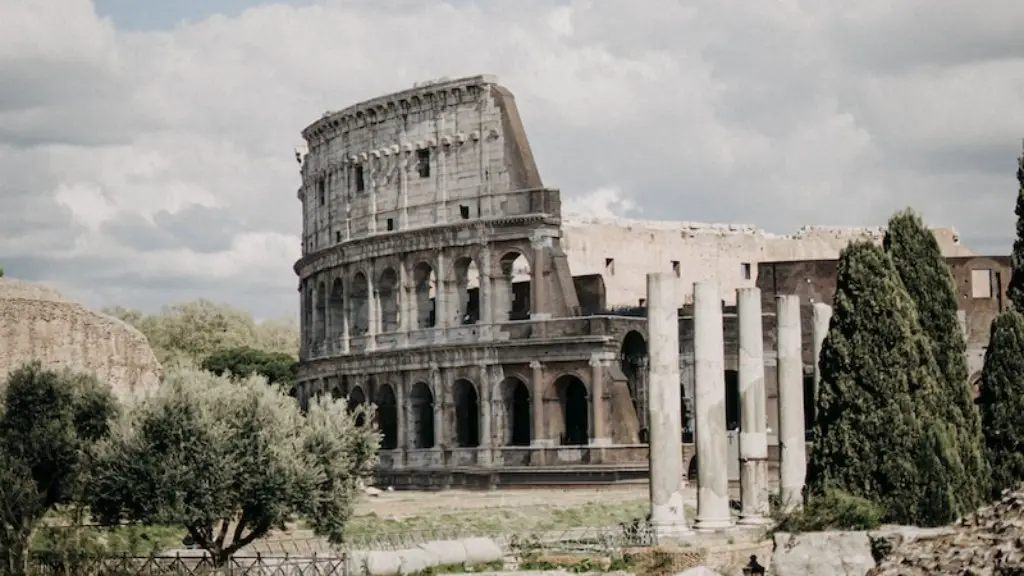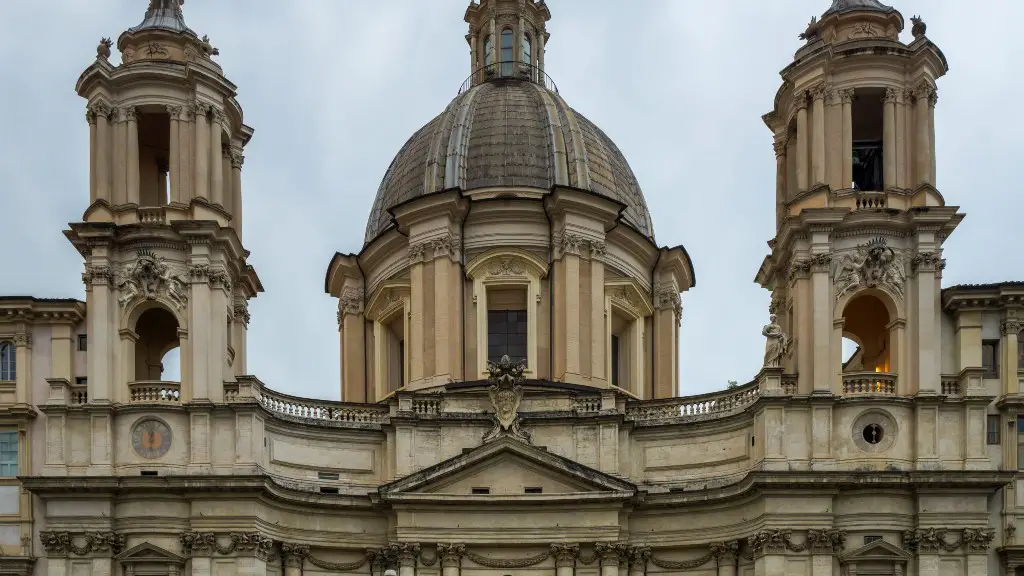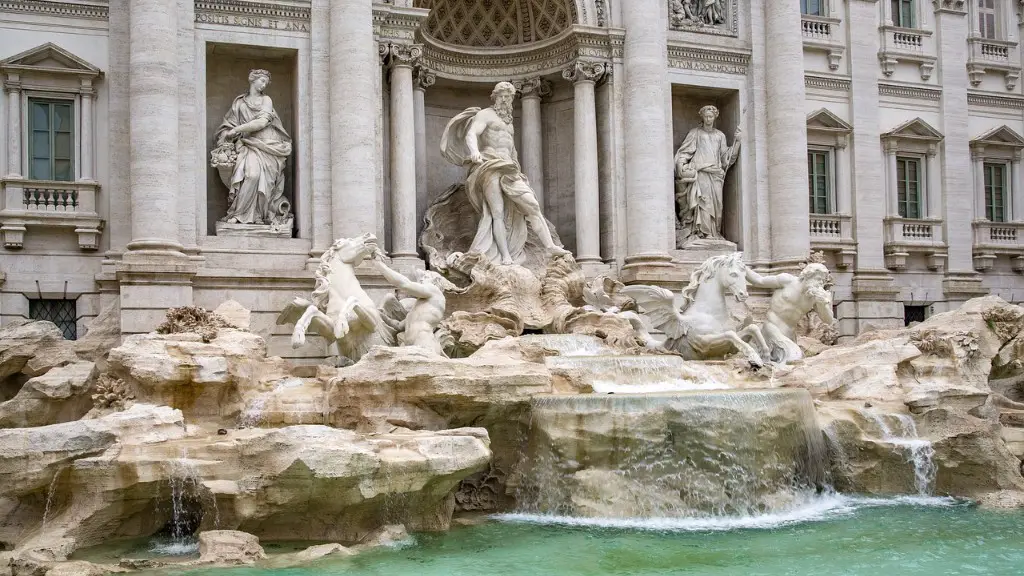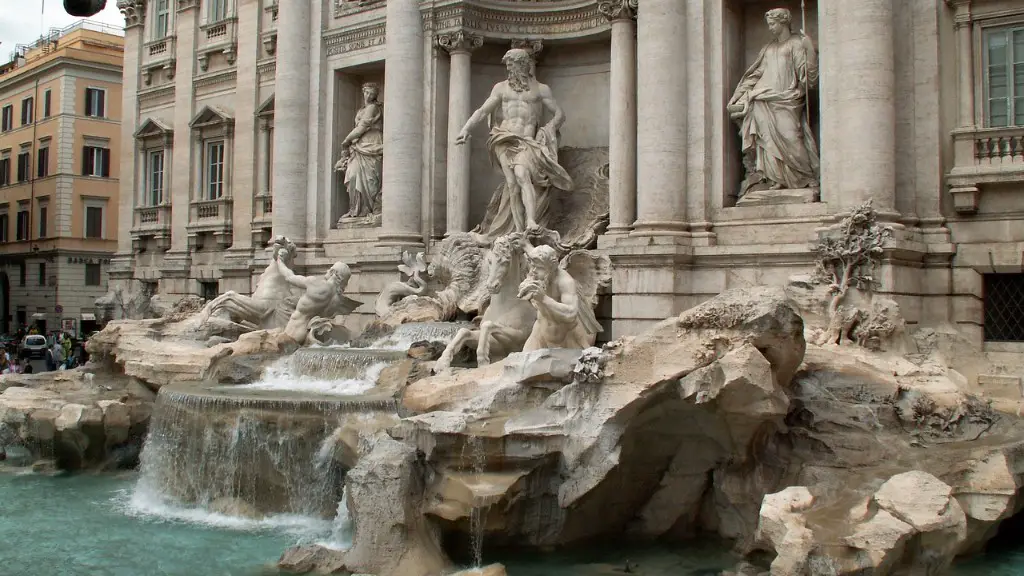The patricians were the elite ruling class in ancient Rome during the period of the Roman Republic. They held the most power and authority, particularly in the Roman Senate, and within the political, economic, and religious spheres of life. The patricians comprised approximately 1% of Rome’s population, yet they were able to exercise tremendous influence and control over the region. It is important to understand their role and influence in order to truly appreciate the ancient city’s power and impact.
The Roman aristocracy is thought to have originated in the early days of the Roman Republic, when Romulus and Remus established the city. Those who were wealthy and influential were given the title of Patrician. This title gave them the highest status within Roman society and the privileged ability to enter the Senate. As time went on, the Patricians became the most powerful class in Rome, with control over most aspects of life.
Patricians had special privileges, such as the right to vote and to hold public office, which allowed them to shape Rome’s laws and regulations. They were also often wealthy landowners, and profited from the trade of commodities. This allowed them to maintain their influence over the Roman Senate and society. As a result, they were able to maintain their wealth and power and even pass it down to their descendants.
The Patricians were also extremely influential in religious aspects of life. They held positions of power in the temples, and were responsible for maintaining the traditional religious practices and ceremonies. They were also seen as representatives of the gods, and were said to possess divine insight and prophecies. In this way, they were integral to the structure and success of ancient Roman society.
The importance of the Patricians cannot be overstated. They had tremendous power and influence over the Roman Republic, and their presence and contributions were integral to the success of the ancient city. The legacy of this class continues to this day, with the term ‘Patrician’ still in use to refer to members of the elites of certain societies.
The Impact of the Patricians on Ancient Rome
The impact of the Patricians on ancient Rome was significant. As the most powerful and influential group in the region, they were integral to the success and structure of the Roman Republic. In particular, their presence in the Senate, coupled with their wealth and influence, allowed them to shape the laws and regulations of the city.
The Patricians were also instrumental in the religious aspects of Roman life. They held positions of influence in the temples and imposed their will upon the populace through the regulation of religious practices. By acting as representatives of the gods, they ensured that the people adhered to traditional religious ceremonies and practices.
It can be argued that the presence of the Patricians in Rome was a cornerstone of the city’s success. Without the Patricians, it is unlikely that the city would have prospered and developed into one of the most influential cities in the world.
The Privileges of Being a Patrician
As one of the most influential classes, the Patricians enjoyed certain privileges that other members of Roman society could not access. These privileges included the exclusive right to vote in the Senate and to hold public office, which gave them significant power and influence in the city.
The Patricians were wealthy landowners who profited from their trade and commodities. This enabled them to maintain their wealth and influence, and pass it down to their descendants. The Patricians were also largely free from taxation and the obligations of military service, while they had access to the most prominent and luxurious items.
The privilege and power of the Patricians was immense, and it is not surprising that they were able to maintain their influence and status despite a relatively small population. It is this influence and power that has made the Patricians a renowned and important part of Roman history.
Why Were the Patricians So Influential?
The Patricians enjoyed tremendous influence and power in Rome due to their birthright, wealth, and political savvy. As members of the city’s most powerful families, they enjoyed access to exclusive resources and skills from a young age. This enabled them to enter the Senate with greater ease than their lower-class Roman counterparts, and gain access to greater wealth and power.
The Patricians were also powerful proponents of law and order. As the ruling class, they were responsible for maintaining the structure and stability of the Roman Republic. Through their influence in the Senate, they were able to shape the legal and political structure of the city. They also had a great deal of influence in the religious sphere, and were integral in the maintenance of the traditional ceremonies and rituals.
Finally, the Patricians were able to use their wealth and privileges to ensure their own survival throughout Rome’s turbulent history. By maintaining their wealth and influence, they were able to pass on their legacy for generations. This has allowed the Patrician legacy to live on even centuries after the fall of the Roman Republic.
The Marginalization of Non-Patricians in Ancient Rome
The power of the Patricians in ancient Rome could not be overstated, they were considered the ruling class and were able to exercise significant influence over the majority of the populace. However, this power and privilege came at a cost, as non-Patricians were marginalized in various aspects of their lives.
The plebians, or commoners, had no access to the commodities and advantages of the Patricians, such as the right to vote or hold public offices. This disparity further entrenched the power of the Patricians and their ability to maintain control over Roman society. Additionally, the Patricians often imposed laws and regulations that benefited themselves, while ignoring the needs of the plebians.
Though Patricians had a great deal of power in Rome, their influence led to the marginalization of other classes. This led to the eventual erosion of their power and authority, as the plebians grew increasingly dissatisfied with the status quo. Though the privileged position of the Patricians was significant, it was not without consequence.
The Decline of the Patricians
The power and influence of the Patricians in Rome started to decline in the late Republic. The Patrician’s position of privilege was undermined by the plebians, who fought for their rights to higher status, influence in politics and access to the same commodities as the Patricians. Although they were still able to maintain their wealth and influence, the cracks were beginning to show in the upper echelons of Rome’s society.
The decline of the Patricians was further accelerated by Julius Caesar, who ushered in a new era of rule by the people. His reforms and laws elevated the plebians to a higher status, and helped to undermine the long-standing power of the Patricians. Though their power was broken, the impact the Patrician class had on Rome cannot be denied.
The decline of the Patricians signaled the end of an era for Rome. The long-standing power and influence of their class had helped to shape the city, and in its absence, a new era of democracy and freedom emerged. The legacy of the Patricians lived on in Rome, and their influence is still felt to this day.
The Legacy of the Patricians in Rome
Though they were eventually removed from their position of power, the legacy of the Patricians in Rome is still felt today. Their presence in the Senate and their influence over the law, religion and economy of the region helped make Rome the successful and influential city it is still seen as today. Moreover, their contributions to the art and culture of Rome are still evident in many surviving monuments, buildings, and artifacts.
In conclusion, it is clear that the Patricians played an important role in ancient Rome, and without them it is unlikely that the city’s success would have been possible. They were a powerful and influential class that had a great deal of control and privilege. Though their power was eventually broken, their legacy still lives on, and their contribution to the city’s success cannot be denied.
